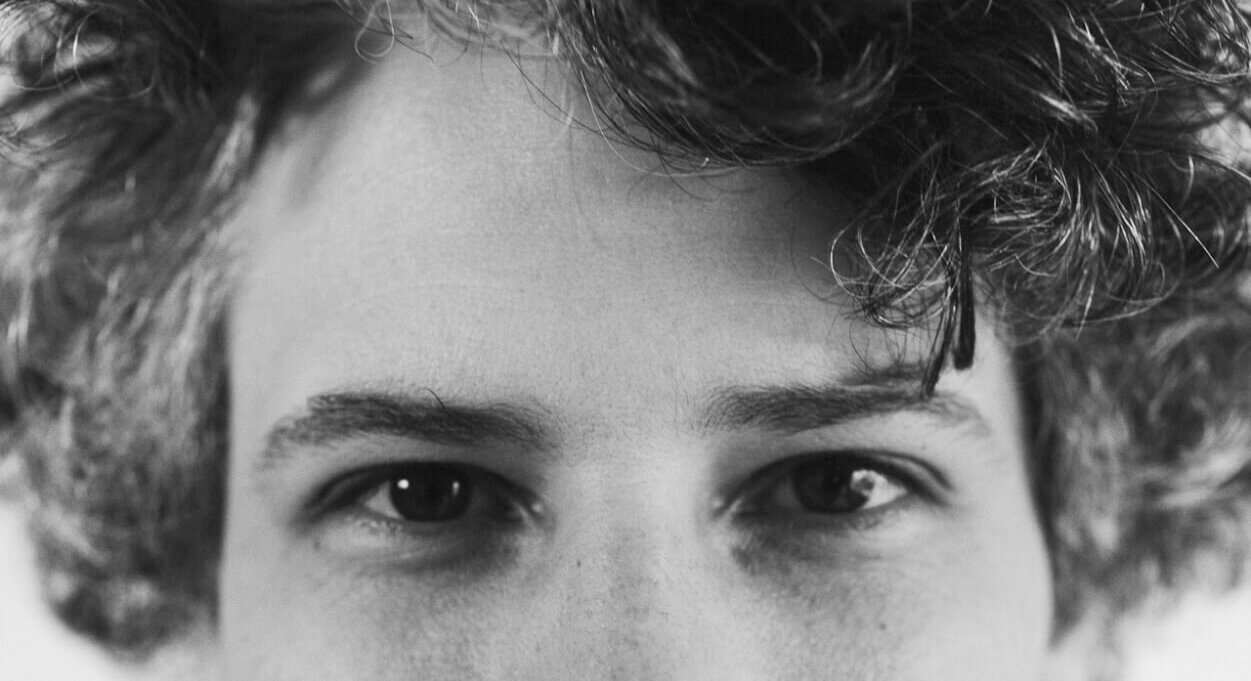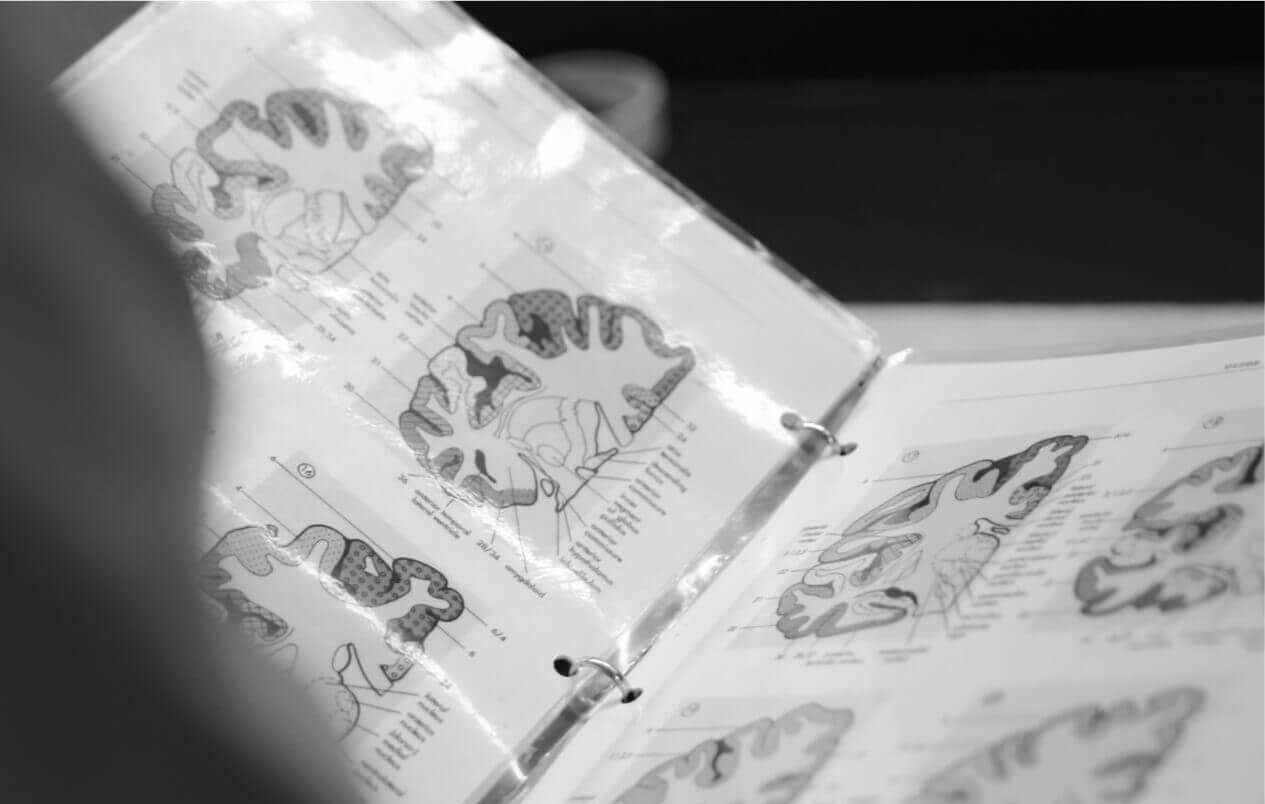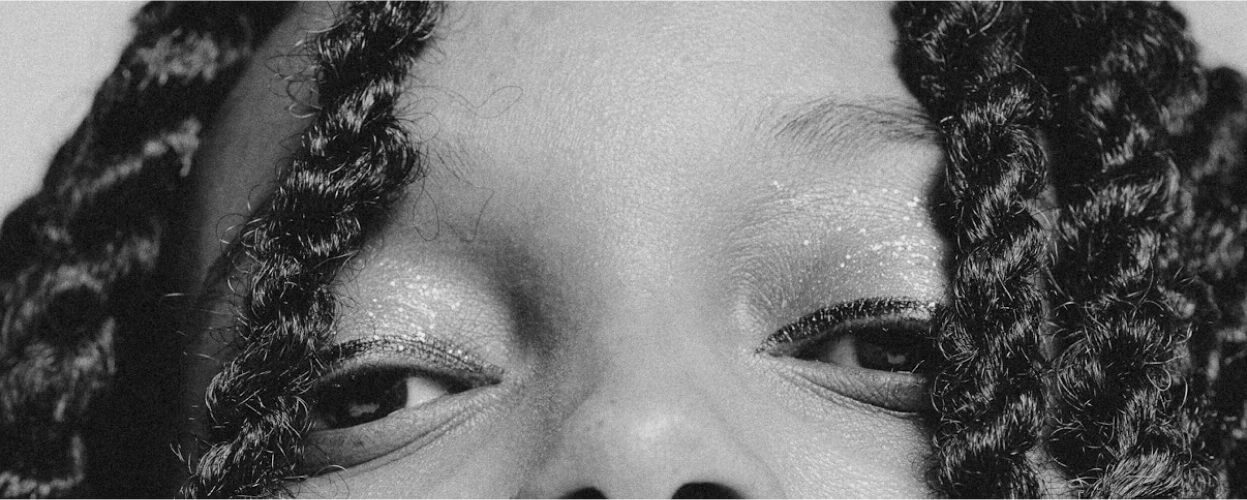5 Myths About Brain Donation
If you’re like most people, there are certain things about brain donation that you may think you know. Partly because they may be logical assumptions and partly because it may be a little awkward to discuss. Here are the five biggest issues that come up:
- Is brain donation part of organ donation? NO.
Checking the box on your driver’s license, to be an organ donor does NOT mean you’re also a brain donor. Separate arrangements need to be made. This is the most common misconception we face. Brain donation is not a routine part of organ donation, so you need to make plans in advance to donate your brain. - Is anatomical body donation the same thing? NO
Brain donation for neuroscience research is NOT part of anatomical body donation. Scientists agree the brain is much more valuable for neurological research than for anatomical study. Again, separate arrangements need to be made. - Do I need to have a neurological disorder? NO
Your brain is just as valuable if you do NOT have a neurological disorder. Health brains – or unaffected control brains – are needed in every single study. - Is brain donation disfiguring? NO
An open casket is still very much an option, as the brain is removed through the back of the head. - Will it cost my family to donate my brain? NO
There is no additional cost to the family when donating a brain to the NIH’s NeuroBioBank through The Brain Donor Project.
There are also two big bonuses to brain donation that you should know:
- The Summary of Neuropathological Findings
If requested of the brain bank, it will provide information on the diagnosis(es) found in the brain, the stage of the disorder and the region(s) of the brain impacted. This is also at no charge. - There is a feeling of comfort the family realizes when donating a loved one’s brain. The thought that something positive could come from their suffering, that another family might be spared is a source of solace at a difficult time.



